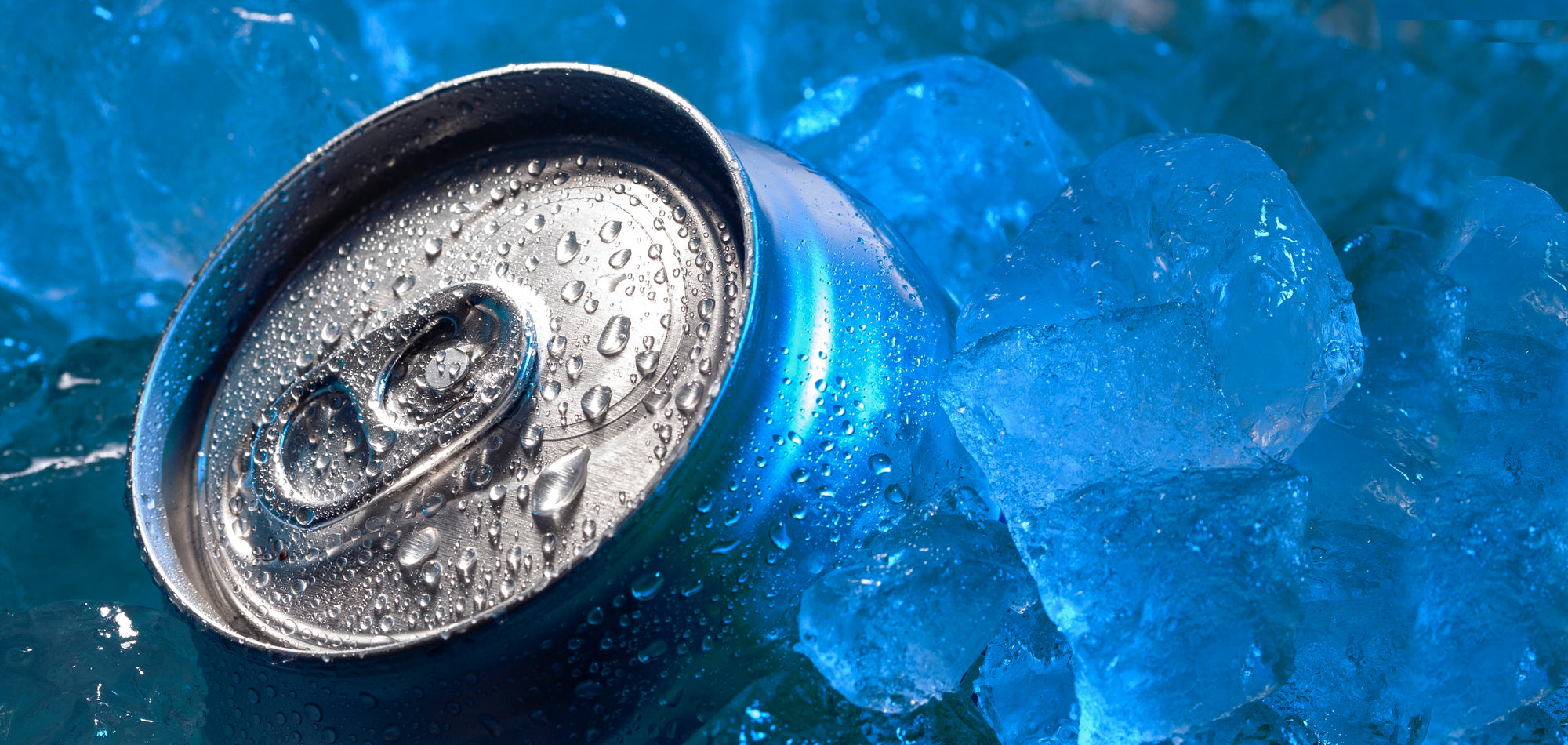In our health conscious society, it can be hard to sift through all of the information out there concerning what the best food options are.
While the prevailing thought for decades has been that "all fat is bad", doctors have now come to realize that it's the type of fat that you are consuming

that matters. Below are the four fats found in our diet and their impact on our health.
Monounsaturated fats
These fats promote the healthy, "HDL", cholesterol. HDL can protect your heart by carrying the bad, "LDL" cholesterol to your liver where it is then changed to energy and waste. Foods that are high in monounsaturated fats are avocados and nuts. Moderation, however, is the key because monounsaturated fats are still high in calories.
Polyunsaturated fats
There are two main types of this fat: omega-3 and omega-6. Omega-6 fatty acids play a big role in managing blood sugar and blood pressure and have antioxidant and anti-inflammatory properties. Including whole-grain carbohydrates, seeds and nuts and plant oils.
Omega-3 fats help with physical function and metabolism. They are good for the heart and reduce the risk of stroke and cancer. Good sources of omega-3 fatty acids are found in seafood, flaxseed and walnuts.
Saturated fats
Otherwise known as solid fats, these fats are found naturally in animal based foods, particularly beef and pork. Saturated fat has been implicated in raising the risk of heart disease because it causes the build-up of LDL cholesterol in the arteries, which increases the risk of obesity and stroke. Saturated fats are commonly found in highly processed foods as well.
Trans fats
This fat is noted on ingredient labels as "hydrogenated oil". It is an inexpensive oil and has a long shelf life which makes it popular in the manufacture of processed foods. It can also be reused to deep-fry foods. Trans fats are the unhealthiest of the fats due to its ability to not only raise LDL levels but to also lower HDL levels.
So the next time you are making your food choices, take the time to read the label and make educated decisions regarding your fat intake that will have a better impact on your overall health.













